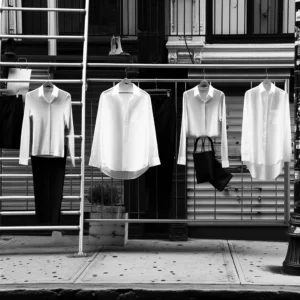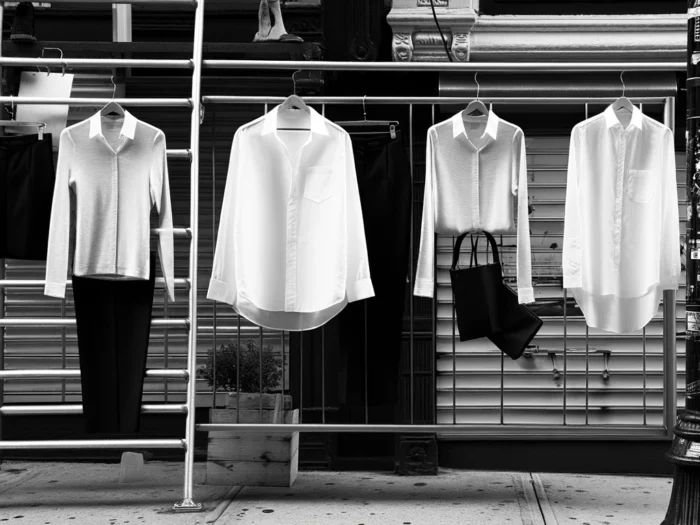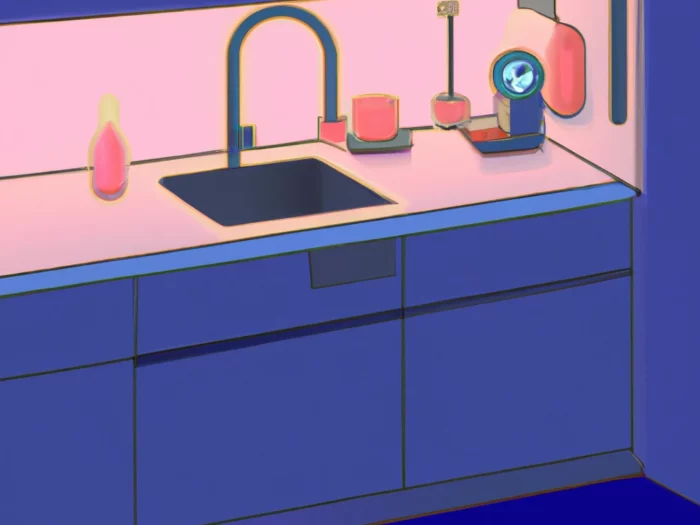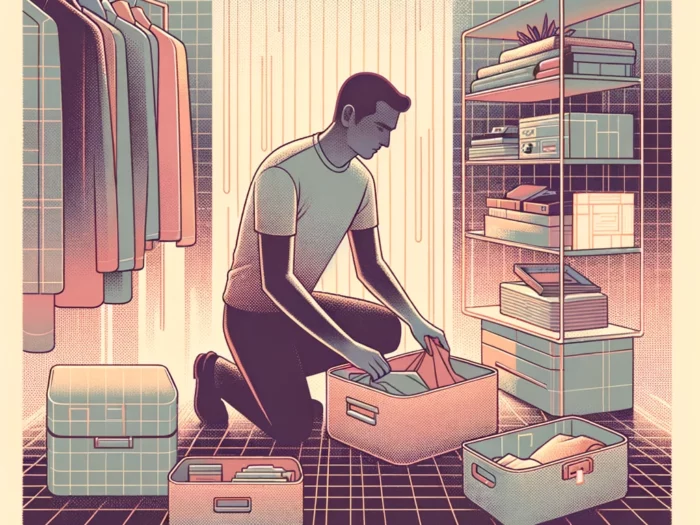My daughter, Annie, recently bought a Samsung tablet with some money that she’d saved. She loves it. She might love it a bit too much. I could be the bad guy and put heavier restrictions on her tablet time, but I’ve been fairly lenient. Still, I’ve had to take it away a couple of times for one reason: when she puts her tablet over people. I’m trying to teach her to choose people over products.
If we have company and Annie ignores them and plays with her tablet instead, I won’t accept that. It’s rude. It’s disrespectful. And it puts more emphasis on a material possession than on human beings. That’s a dangerous path.
Sometimes We Put Products Over People
Unfortunately, Annie’s not the only one who puts products over people. I think we all do at times. Yes, even me.
The other day, I was waiting to pick up Annie at her school. I was sitting in my car, checking my Facebook messages. I heard a horn honk, once, twice, three times, and then a shout, “Hey, I’m trying to get by you here.” It was the school bus driver. He couldn’t quite cut the corner and needed me to move, but I’d been too busy on my phone to notice.
What’s happening to us? We’re becoming less observant of people. We’re paying more attention to the things we own: our phones, our TVs, our video games, our cars, and whatever else we get emotionally attached to. But without face-to-face human interaction, we lose something. We lose our ability to feel, to empathize, to support others. We miss out on moments of joy and opportunities to support others in times of sorrow. We essentially become less human.
Let’s Get Back To Focusing On People
We need to pay attention to others. We need to show both those who are close to us, and those who are complete strangers, that we care about them. We need to accept and treat others as fellow human beings, and that means acknowledging them rather than getting lost in our own material possessions. People are only in our lives for a limited time. Stuff doesn’t matter so much that we should forget to be human. Your smile or hello might be just what someone else needs today.
Caring more about my guitar than my potential audience defeats the purpose of sharing my music. Caring more about driving numbers to my blog rather than connecting with others who want to promote a major cultural shift toward simplicity defeats the purpose of my message.
Putting people over products is important. Here’s why. If we want to get back to living simple, we need to get back to treating one another with kindness. That means recognizing others and treating them with the dignity they deserve. Here’s a vow I put together for myself. Feel free to put your name in the blank and read it out loud.
Take The Challenge To Put People Over Products
I, ______________________, promise to put people over products. When someone is addressing me, I’ll put down my phone or my tablet and recognize them as a fellow human being. When I buy a new car, motorcycle, guitar, computer, power drill, or any other new gadget, I’ll put it away and pay attention to others when they are near. I’ll pay attention to others with genuine interest and stop working so hard to gain more stuff. I’ll remember that we are all human beings and that we need to connect emotionally. Every day, I’ll do my best to put people over products.
Thanks for taking the time to read this post. Have a fabulous day!













